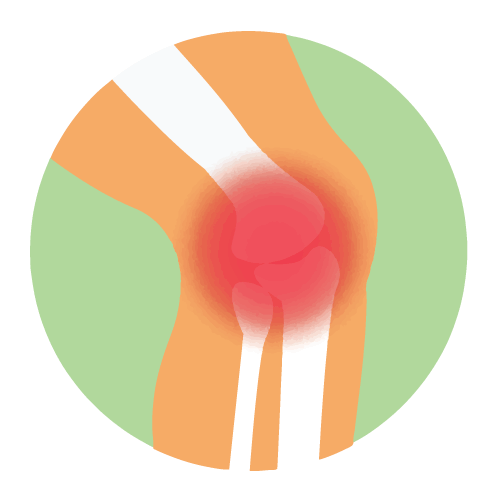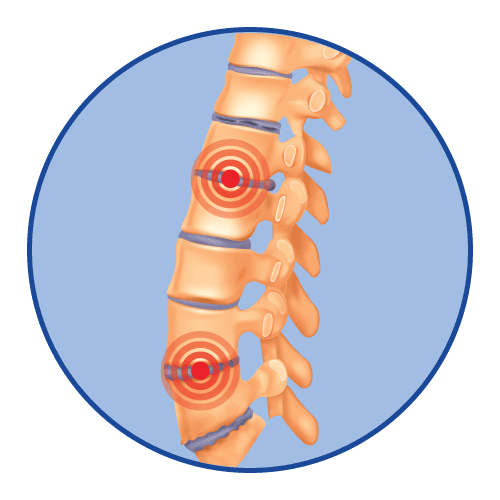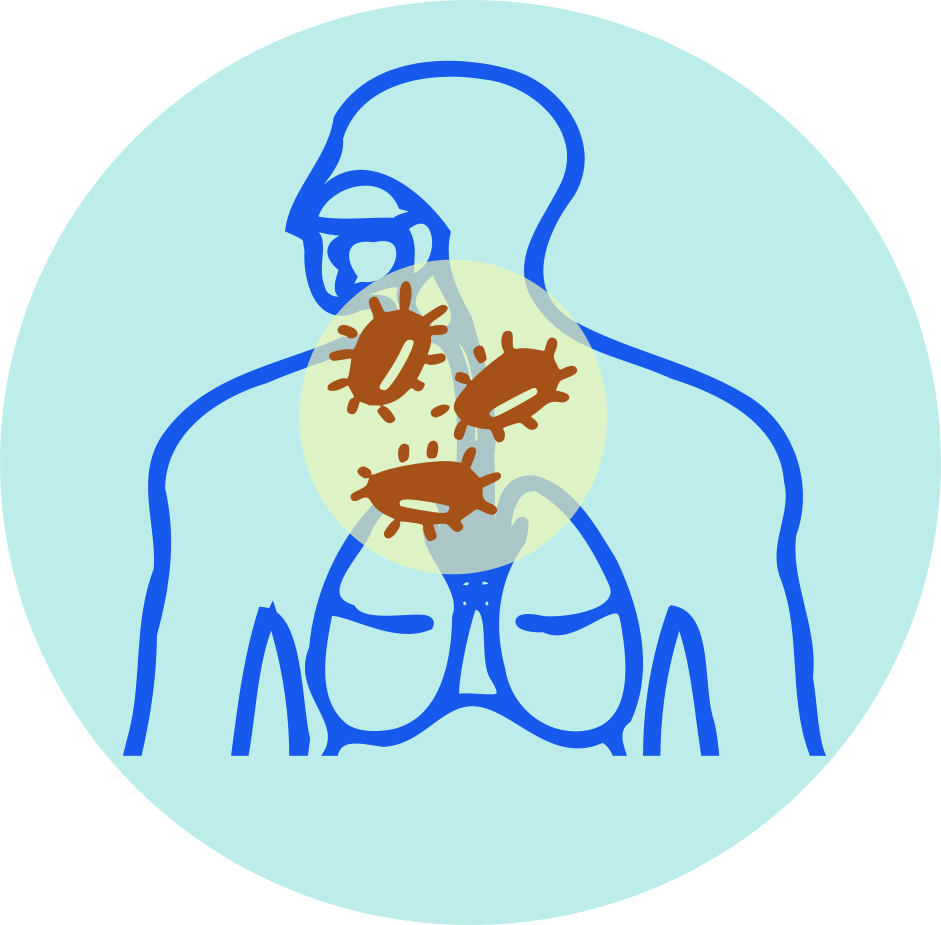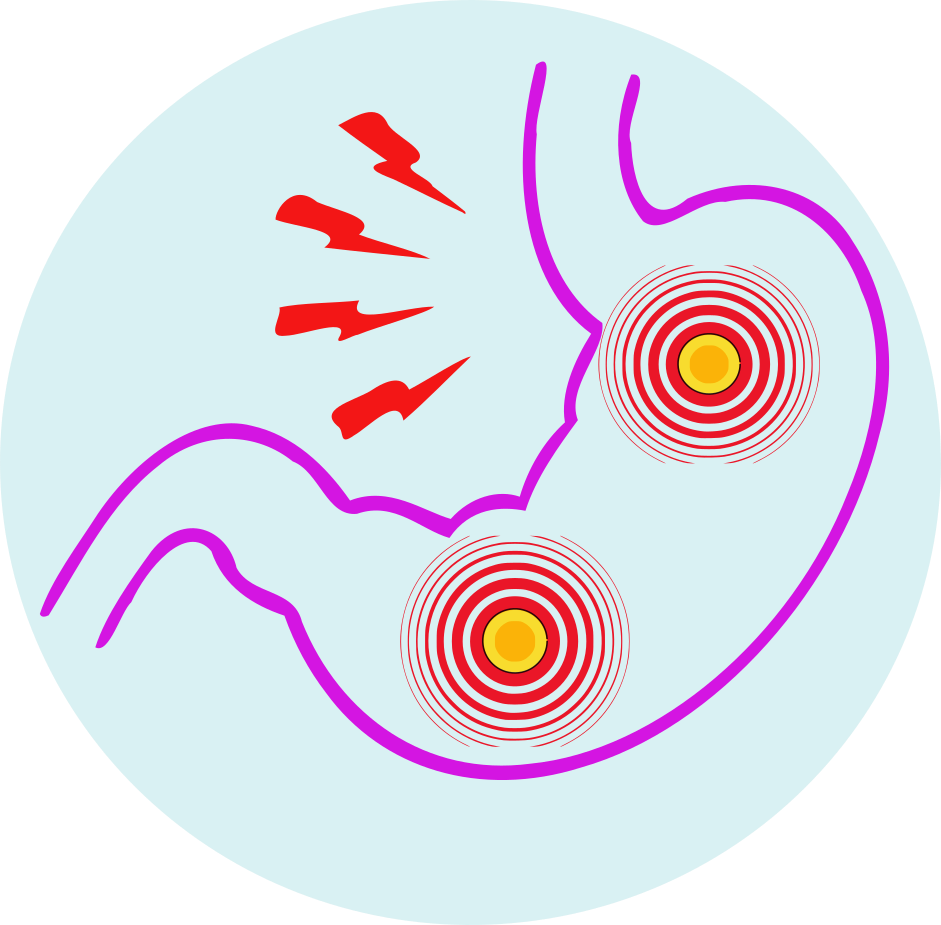| Name | Deflazacort |
| Classes |
Hormonal Agent Steroid Glucocorticoid |
| Diseases |
Arthritis Asthma Carditis Inflammatory Disease Lymphoma Ulcerative Colitis |
Deflazacort
Deflazacort is a glucocorticoid, a type of steroid hormone that acts as an anti-inflammatory agent. It works by reducing the activity of the immune system, which helps to decrease inflammation and pain.
The mechanism of action of deflazacort involves binding to specific cellular receptors, known as glucocorticoid receptors, located in various tissues throughout the body. Once bound to these receptors, deflazacort modulates the expression of specific genes involved in inflammation and immune response. This results in the suppression of pro-inflammatory cytokines, reducing the migration of immune cells to the site of inflammation, and reducing the release of destructive enzymes that can cause tissue damage.
Deflazacort is indicated for the treatment of:
- Duchenne muscular dystrophy (DMD) in patients 5 years of age and older
- Rheumatoid arthritis
- Osteoarthritis
- Ankylosing spondylitis
- Other autoimmune diseases
- The recommended once-daily dosage is approximately 0.9 mg/kg/day administered orally.
- Discontinue gradually when administered for more than a few days.
The most common adverse reactions associated with the use of deflazacort include:
- Nausea
- Vomiting
- Upper respiratory tract infection
- Stomach pain
- Diarrhea
- Fluid retention
- Increased appetite
- Weight gain
- Potential Alterations in Endocrine Function: Hypothalamic-pituitary-adrenal axis suppression, Cushing's syndrome, and high blood sugar levels can occur with long-term use of Deflazacort, so patients should be monitored for these conditions.
- Increased Risk of Infection and Immunosuppression: There is a higher chance of new, worsening, spreading, or reactivating latent infections, which can be serious or fatal. The symptoms of an infection may also be hidden.
- Changes in Cardiovascular and Renal Function: Patients should be monitored for high blood pressure, high levels of sodium, and low levels of potassium.
- Risk of Gastrointestinal Perforation: There is a higher risk in patients with certain digestive disorders, and symptoms may be masked.
- Possible Behavioral and Mood Disturbances: These may include excessive happiness, trouble sleeping, mood changes, changes in personality, severe depression, and psychosis.
- Impact on Bones: Patients should be monitored for decreases in bone mineral density with long-term use of Deflazacort.
- Potential Eye Effects: Cataracts, infections, and glaucoma may occur. Patients should have their eye pressure checked if they are taking Deflazacort for more than 6 weeks.
- Vaccination: Live or weakened live vaccines should not be given to patients receiving immunosuppressive doses of corticosteroids.
- Serious Skin Rashes: Deflazacort should be discontinued at the first sign of a rash, unless it is clearly not caused by the drug.
Contraindication
Contraindicated in patients with hypersensitivity to Deflazacort.
None known.
None known.
 Bangla
Bangla English
English







